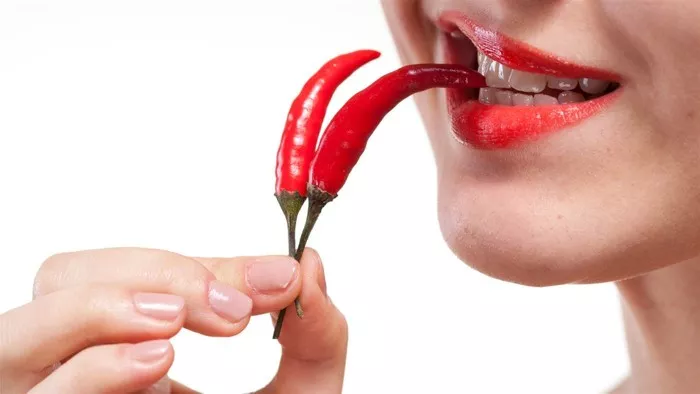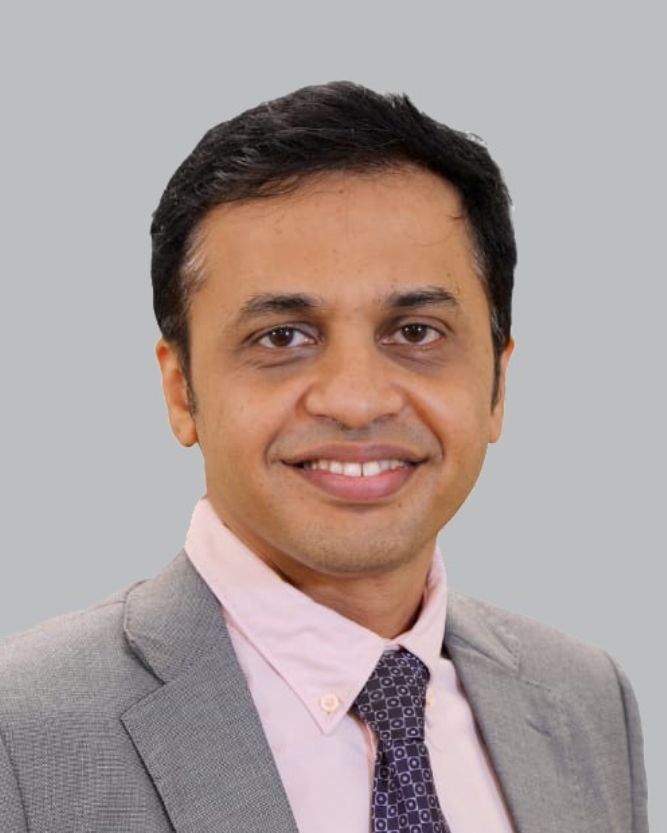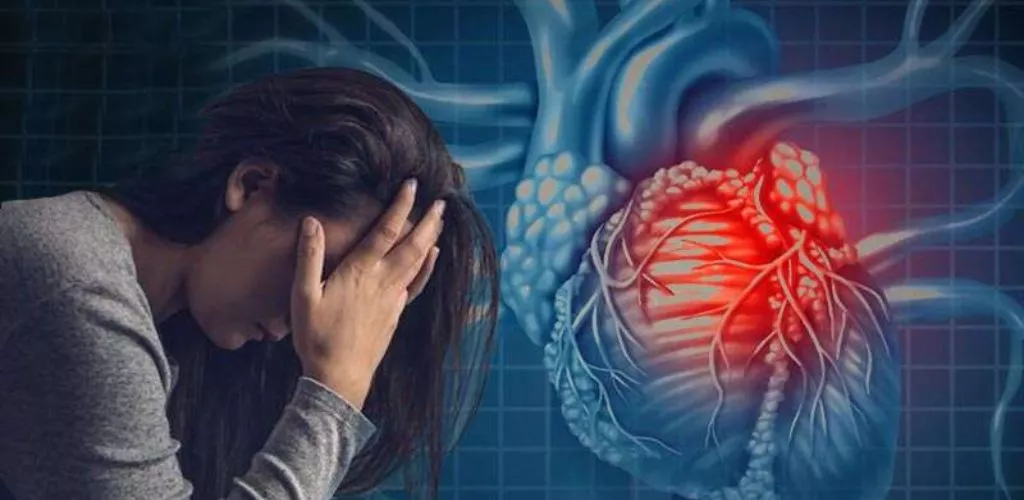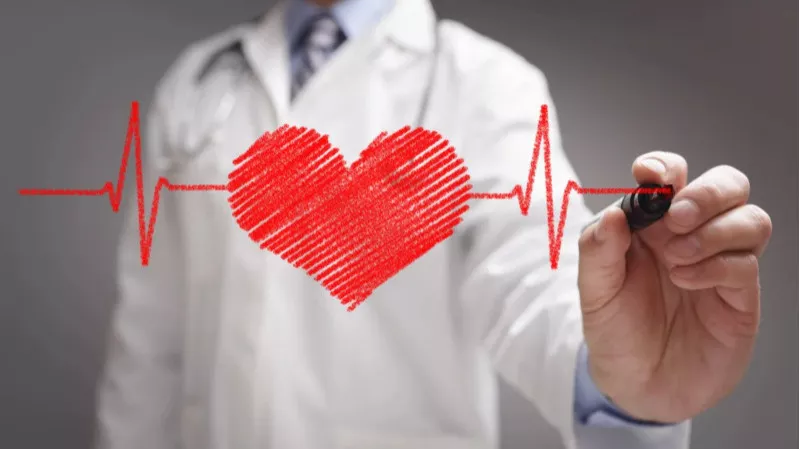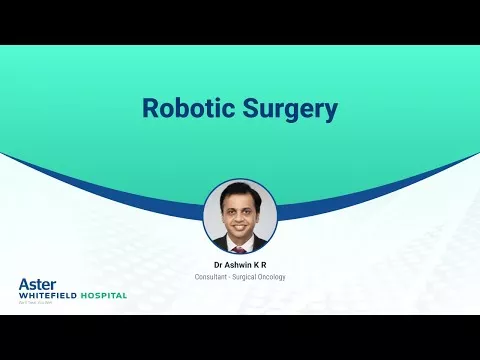Spicy food is a central part of many diets [especially across India and the Middle East]. They add flavour, colour, and heat to everyday meals. However, according to speculations, spicy food also raises recurring health concern. Some people believe in the idea that too much spice can damage the stomach or, in extreme cases, cause cancer.
This concern often leads to confusion. The fear builds with every instance of acidity, bloating, or discomfort after a heavy meal. But does spicy food cause cancer [or is this just another health myth]? The answer lies somewhere between evidence and assumption.
The Link Between Spices and Stomach Health
When you consume spicy food, your stomach lining reacts to the heat. In most cases, this results in a short period of discomfort or burning. Some people experience reflux or indigestion. Others feel bloated or notice an increase in acidity. These reactions are real and vary based on personal tolerance, existing health conditions, and quantity consumed.
Capsaicin, the chemical that makes chillies hot, is often blamed. It can irritate the stomach lining in large quantities. It may cause temporary inflammation in people with sensitive digestion. But irritation is not the same as long-term damage. Most reactions subside once the food is digested.
The belief that spicy food and cancer are connected often begins with this irritation. Over time, people assume that anything that burns the stomach must be dangerous. This belief, however, needs to be examined with clinical evidence.
What the Research Really Says
There have been many studies on the relationship between spicy food and cancer. A few observational studies suggest a possible association. These studies report that people who consume very large amounts of chillies daily may have a higher chance of developing stomach cancer. But this risk is rarely isolated.
In some cases, it is combined with other dietary habits like high salt intake, low fruit consumption, or the presence of infections such as Helicobacter pylori. On the flipside, some research shows that capsaicin may have protective effects.
So, does spicy food cause cancer directly? Current medical consensus says no. Spicy food alone is not classified as a carcinogen. The risk appears to depend on multiple factors. This includes genetics, diet quality, gut health, lifestyle, and other environmental exposures.
Common Factors Behind Stomach Cancer
While spicy food often takes the blame, there are several known causes of stomach cancer. The most common among these are:
- Chronic infection from Helicobacter pylori,
- Smoking and excessive alcohol use,
- Diets high in salt, smoked food, or pickled items
- Family history of stomach cancer, and
- Long-term untreated gastritis or ulcers.
These factors have a clearer and stronger association with cancer risk. When a person ignores symptoms like long-term acidity, unexplained weight loss, or blood in vomit, the problem usually worsens. Blaming spices often leads to delay in medical attention. That is where the danger lies.
How to Enjoy Spice Without Fear
Spicy food is not dangerous when consumed in moderation. Many people enjoy chilli-based dishes daily without health problems. The key lies in portion size, meal timing, and personal tolerance. Here are a few ways to reduce discomfort without removing spices altogether:
- Combine spicy food with fibre-rich items like vegetables or whole grains
- Avoid very spicy food if you have ulcers or chronic acidity
- Do not skip meals or eat very spicy food on an empty stomach
- Limit preserved, pickled, or salty side dishes that may worsen irritation
- Seek medical advice if you experience discomfort after most meals
By focusing on balance and variety, you can keep your meals enjoyable without placing your gut under unnecessary stress.
When You Should See a Doctor
If you have been living with regular stomach issues, do not depend on food changes alone. Pain that persists, especially after eating, needs medical review. So does unexplained fatigue, frequent bloating, or long-lasting heartburn.
Many people ask an oncologist about the role of food in cancer prevention. That is a good place to start. It helps clear the confusion between everyday triggers and real risks. An experienced oncologist will not only help with diagnosis but also guide lifestyle improvements that reduce risk in the long term.
For people with a family history of cancer or those above 45, annual screenings are highly recommended. Early detection is the best protection against gastric cancer.
Conclusion
By understanding the science behind the concern, people can enjoy their meals with confidence and awareness. Aster Hospital, a leading oncology hospital in India, provides expert care, screening, and diagnosis for all cancer-related concerns. Their team of trusted oncologists in India combines clinical experience with patient-centred care to ensure you stay informed and protected at every stage of your health journey.
